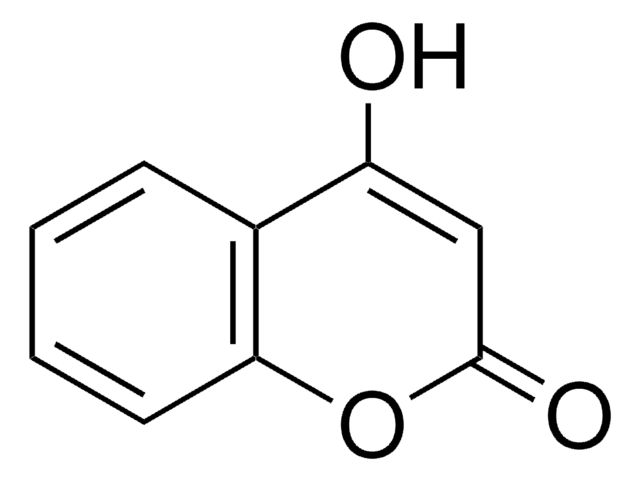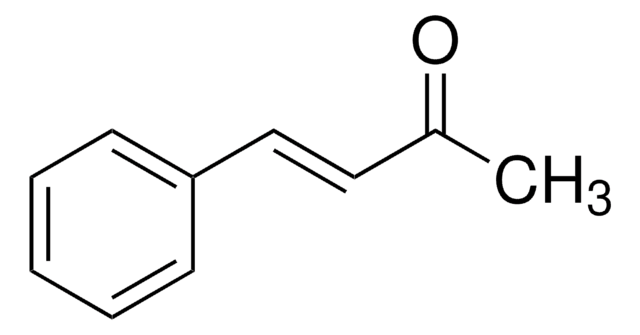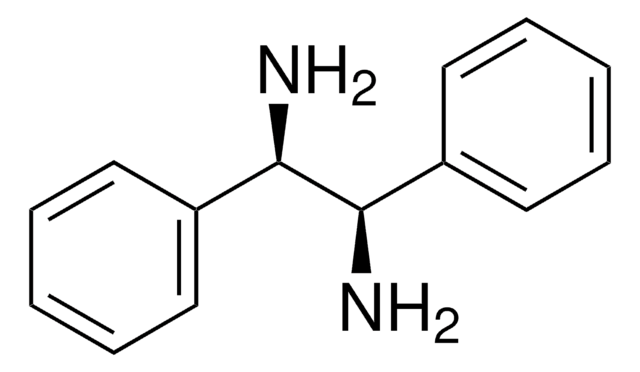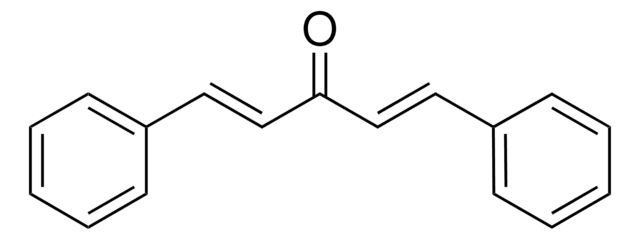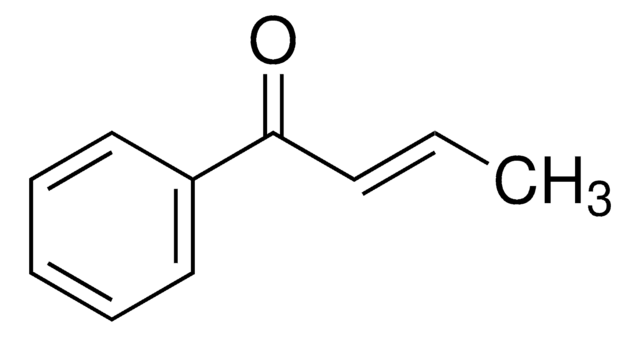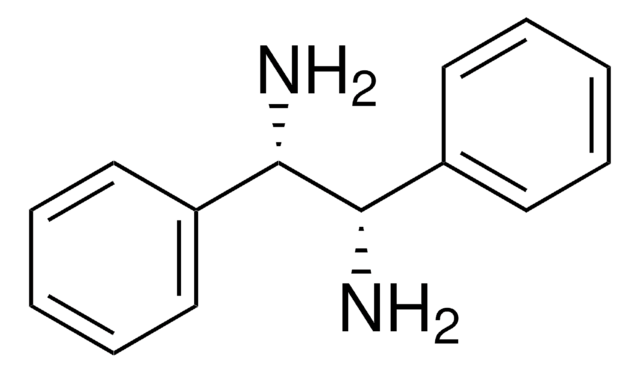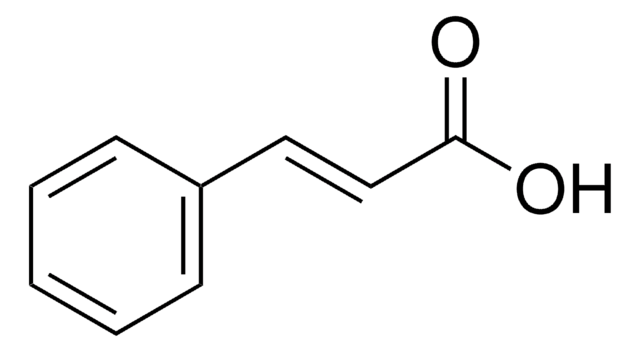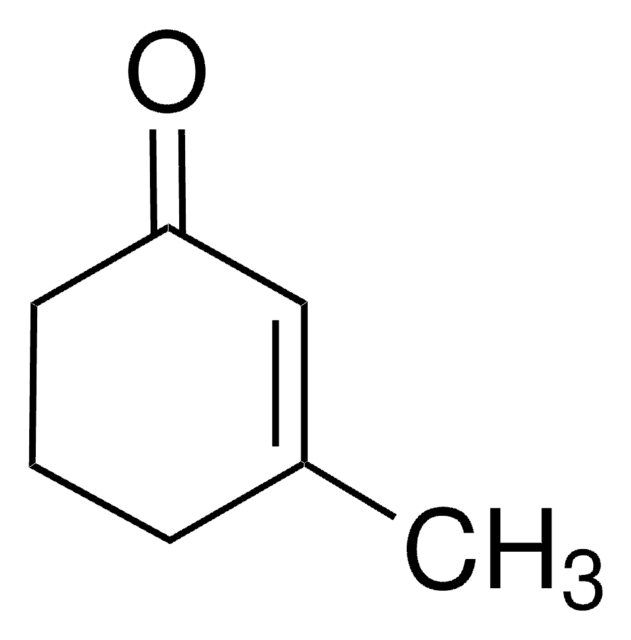241091
trans-4-Phenyl-3-buten-2-one
≥99%
About This Item
Productos recomendados
presión de vapor
0.01 mmHg ( 25 °C)
Análisis
≥99%
formulario
solid
bp
260-262 °C (lit.)
mp
39-41 °C (lit.)
solubilidad
alcohol: freely soluble(lit.)
benzene: freely soluble(lit.)
chloroform: freely soluble(lit.)
diethyl ether: freely soluble(lit.)
petroleum ether: very slightly soluble(lit.)
water: very slightly soluble(lit.)
cadena SMILES
CC(=O)\C=C\c1ccccc1
InChI
1S/C10H10O/c1-9(11)7-8-10-5-3-2-4-6-10/h2-8H,1H3/b8-7+
Clave InChI
BWHOZHOGCMHOBV-BQYQJAHWSA-N
Categorías relacionadas
Descripción general
Palabra de señalización
Warning
Frases de peligro
Consejos de prudencia
Clasificaciones de peligro
Eye Irrit. 2 - Skin Irrit. 2 - Skin Sens. 1 - STOT SE 3
Órganos de actuación
Respiratory system
Código de clase de almacenamiento
11 - Combustible Solids
Clase de riesgo para el agua (WGK)
WGK 3
Punto de inflamabilidad (°F)
>230.0 °F
Punto de inflamabilidad (°C)
> 110 °C
Equipo de protección personal
dust mask type N95 (US), Eyeshields, Faceshields, Gloves
Certificados de análisis (COA)
Busque Certificados de análisis (COA) introduciendo el número de lote del producto. Los números de lote se encuentran en la etiqueta del producto después de las palabras «Lot» o «Batch»
¿Ya tiene este producto?
Encuentre la documentación para los productos que ha comprado recientemente en la Biblioteca de documentos.
Los clientes también vieron
Nuestro equipo de científicos tiene experiencia en todas las áreas de investigación: Ciencias de la vida, Ciencia de los materiales, Síntesis química, Cromatografía, Analítica y muchas otras.
Póngase en contacto con el Servicio técnico